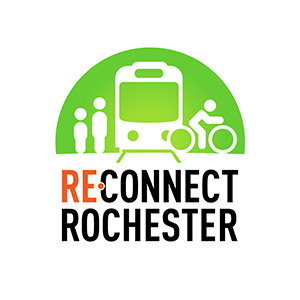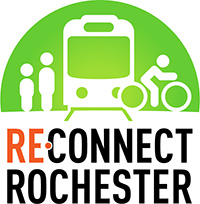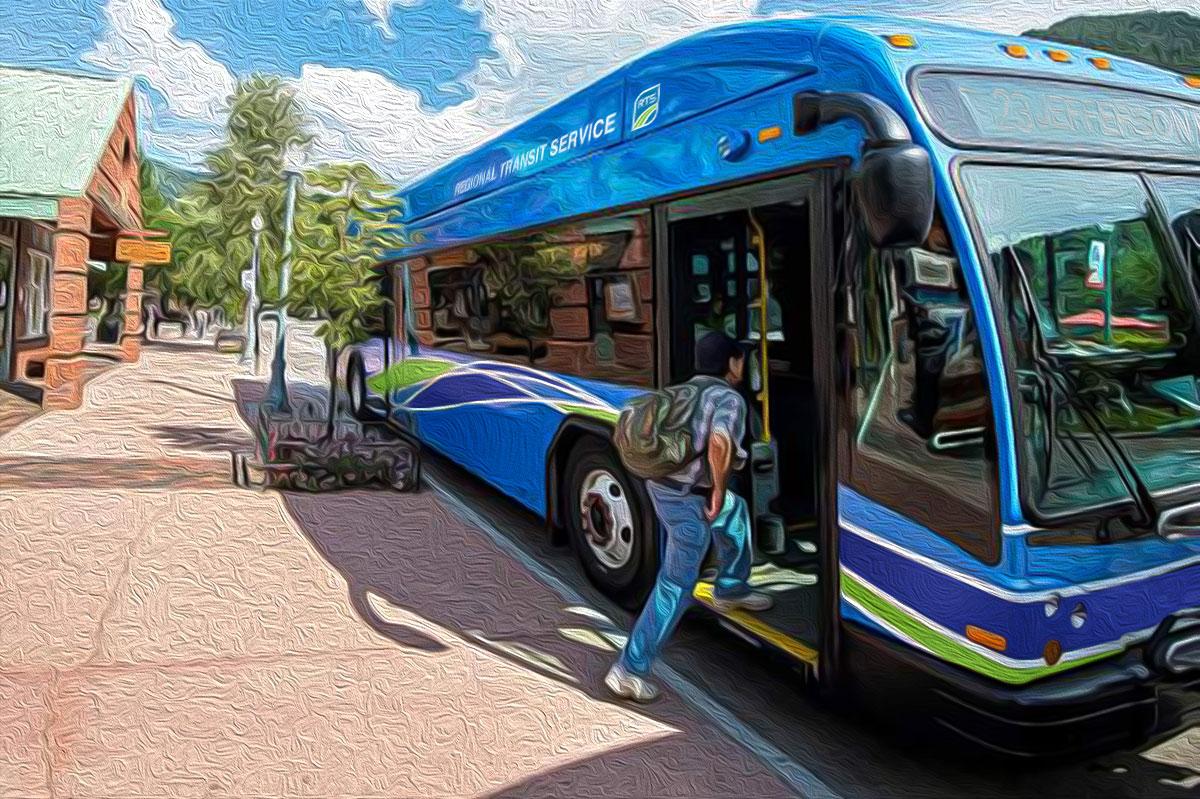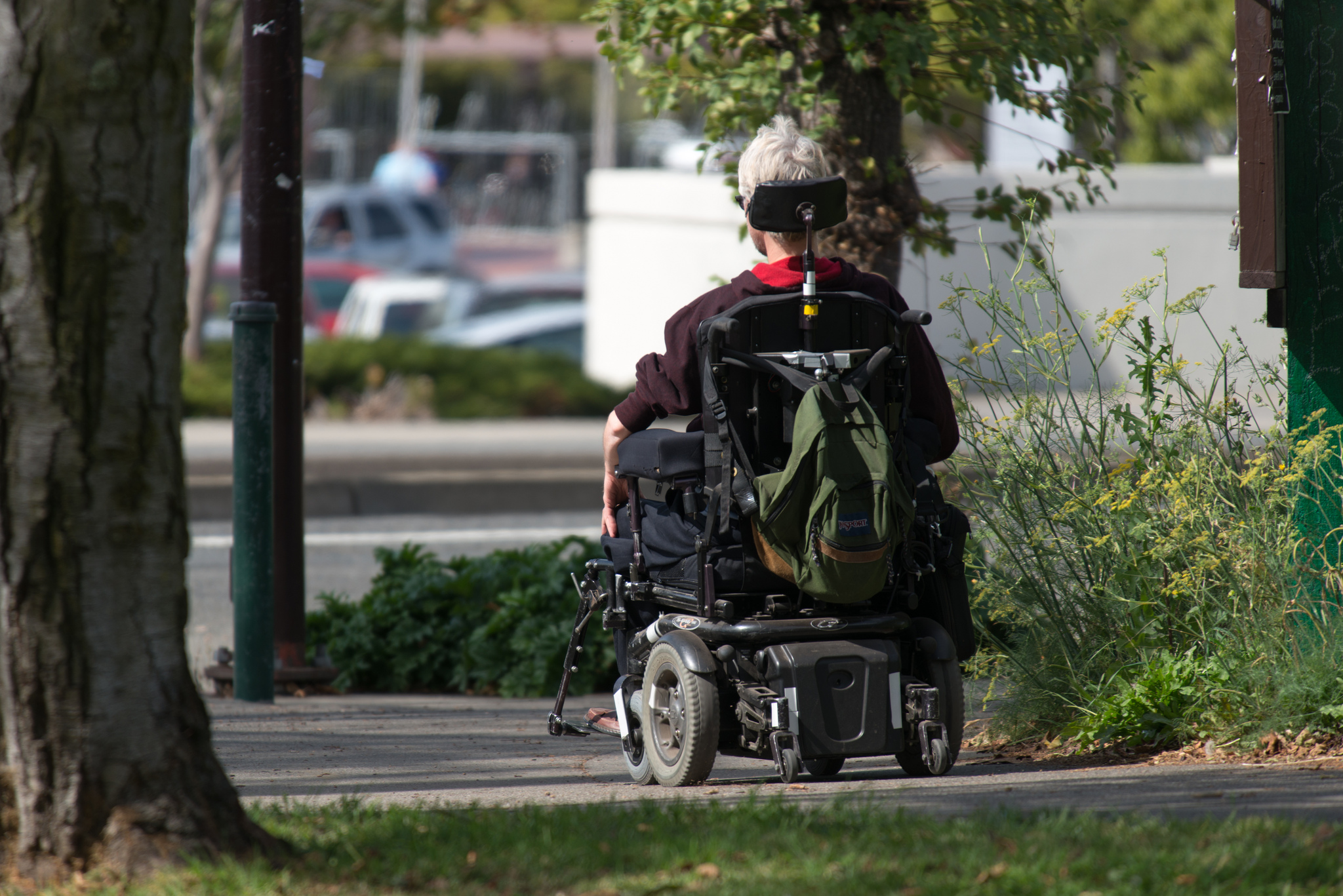Guest blog by Calvin Eaton. Calvin is the founder of 540WMain Communiversity, a grassroots non-profit community based university. Calvin is a digital content creator, social entrepreneur, and educator whose area of expertise includes antiracism, diversity, inclusion, K-12 curriculum writing and teaching, gluten free plant based living, and higher education.
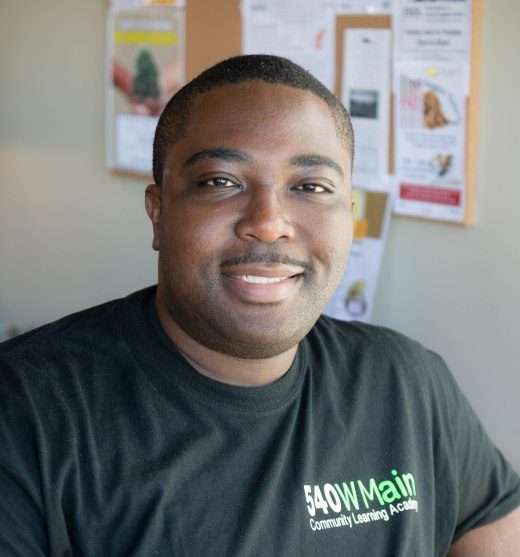
If you’ve followed my journey over the last couple of years you probably know that I sold my car in June 2018 and became a car-free professional. There are so many reasons why going car-free was the best decision for me and I want to share a few things I’ve learned over the past year and why I plan to continue my car-free lifestyle.
Like every typical American teen I couldn’t’ wait to get my drivers license so I could enter into grown up world of driving. Like most youth I had been indoctrinated to believe that getting my drivers license at the ripe old age of sixteen was the consummate mark of becoming an adult. American culture worships the car and the transition from child to pre-teen to adult is distinctly marked by getting a drivers license and soon after getting your first car. I admit that for me a drivers license (and by proxy a car) represented freedom, independence, and adulthood. At no point in my adolescence did I question this societal standard, ask why car ownership is idolized, or ask if youth in other cultures are cultivated to own a car at the stroke of sixteen like we are here in America.
After years of driving and adulting; last year I came to the strong conclusion that I honestly do not enjoy driving. In actuality, I hate driving. Driving for me is a sometimes necessity to get from point A to point B or take care of very specific tasks in life. Generally speaking, for me the process and responsibility of driving and more importantly being a responsible driver is stressful. After years of being car payment free and then bucking to societal pressure and getting a lease for a new Honda in 2016, last year I came to a dramatic conclusion that none of it was worth it. Not the maintenance, not the insurance payments, not the monthly car payments. I realized that I do not enjoy driving enough to own my own car and it was this realization that served as my primary reason to get sell my car and become car- free.
What I’ve Learned
Since then public transportation has become my primary means of mobility throughout the City. For me, public transportation works great. I live on a main bus line, work remotely and spend most of my time in the inner city going between the east and west parts of the City via Main Street. Most of my deviation from this daily norm is my travel to area colleges for co-working and meetings. For these times I use Lyft. In addition to these methods of mobility, I walk and sometimes bike. Walking and biking would be more part of my daily regimen if I did not have to deal with the ill and daily effects of living fibromyalgia and chronic pain which sometimes make walking and exercise difficult. Still since ditching my car I am happy to get in more daily steps and see more of the City. When the weather is clear walking is so beautiful and it has been a great way to place myself in spaces and places that I would never enter into if I commuted by car.
I understand that my work and and life affords me privileges that make going car free much easier for me than others. Still I am glad that I am in the position to bring more awareness to public transit, biking, and even walking to get around the City. The biggest lesson I’ve learned is that for many young professionals like myself it is really about having a repertoire of easy to access mobility options at the ready when I need them. For me, having a car every single day is just not necessary. However it is necessary for me to be able to have a roster of easily accessible mobility options at my beck and call when I need them. There are some days that I will take the bus in the morning and then take a Lyft back home. Sometimes I borrow a family member’s car when I need to transport something then I drop it off to them mid-day and walk to the bus stop to get to my next destination. Just today, I took the bus downtown, took two meetings, then walked back home. I had my mother drop me off at the public market and then hailed a Lyft to 540WMain. This type of multi-mobility has become just as common and seamless for me as jumping in a car was just a few years ago.
I’ll admit that sometimes planning out my transit in advance can be a minor annoyance and every now and then after a late night class at 540, I wish I didn’t have to wait for the next bus; but for me these moments are few and far between. Because I have designed a highly dense life where everything that I need is within close proximity a car is not only impractical for to get around Rochester but burdensome. I just do not need a car every day and when I do need one, I have the access for that specific occasion and once that is fulfilled my needs are met.
I recognize that going car-free is not the lifestyle nor an option for for everyone but for those that are able to ditch the car or use their cars less, tapping into the biking community is not only good for the earth but good for our City. The more folks that use RTS the more services and infrastructure that will be created to accommodate a more comprehensive system. This will normalize public transit as a viable and accessible mobility option. The more folks who bike for commute the more biking will be normalized on our City streets and force officials, planners, and policy makers to make spaces and communities that support intentional bike infrastructure and design. As we travel deeper into 21st century living we need to be less reliant on cars and more reliant on urbanscapes that make mobility easy and accessible for everyone. Owning a car should be a choice not a necessity to tap into all that our City has to offer.
